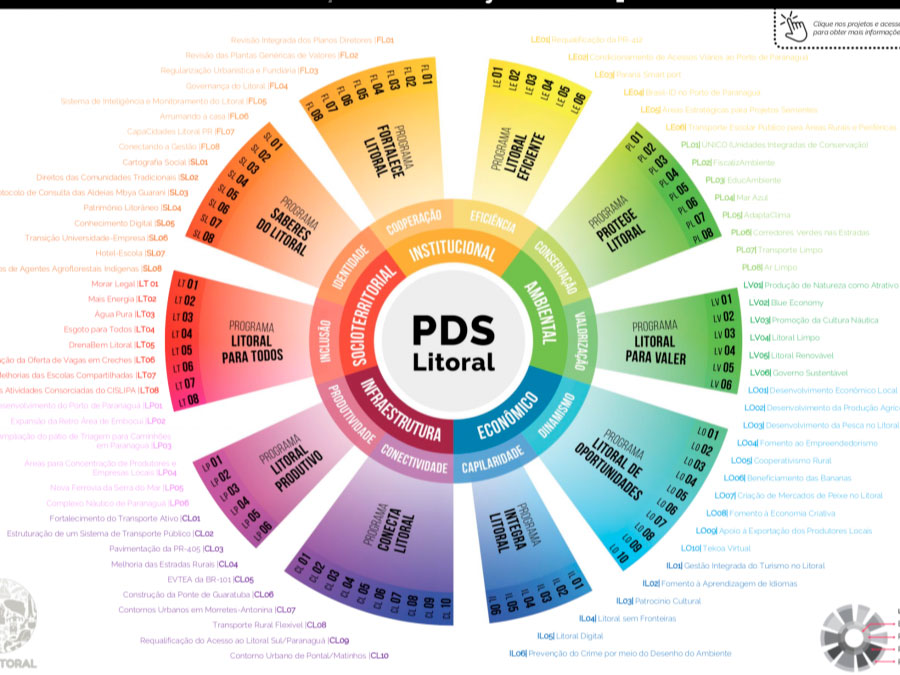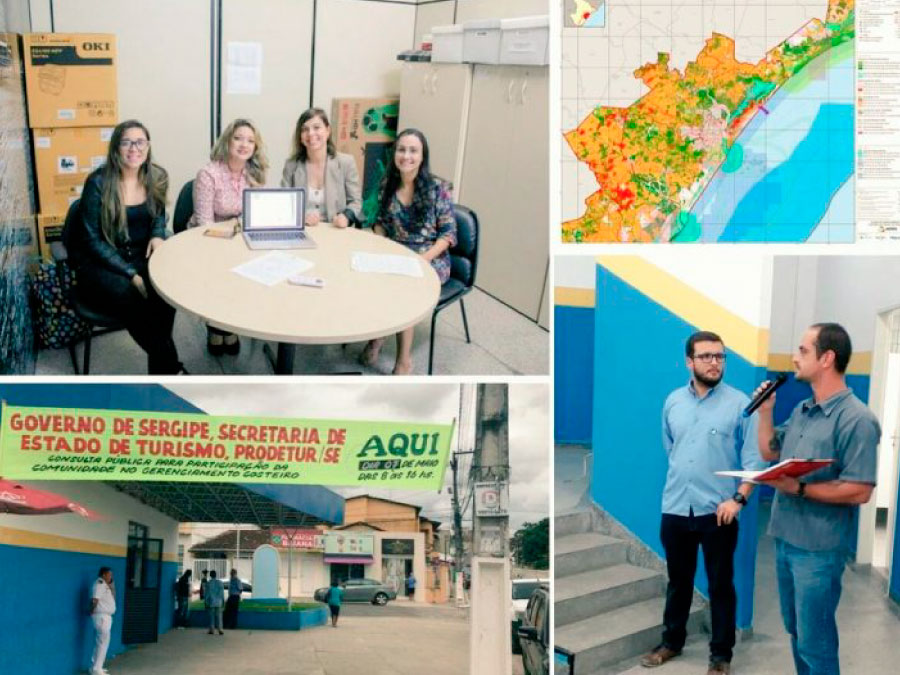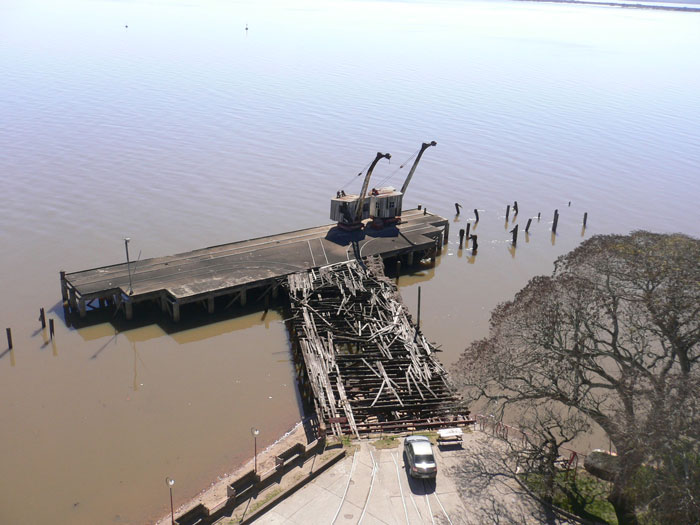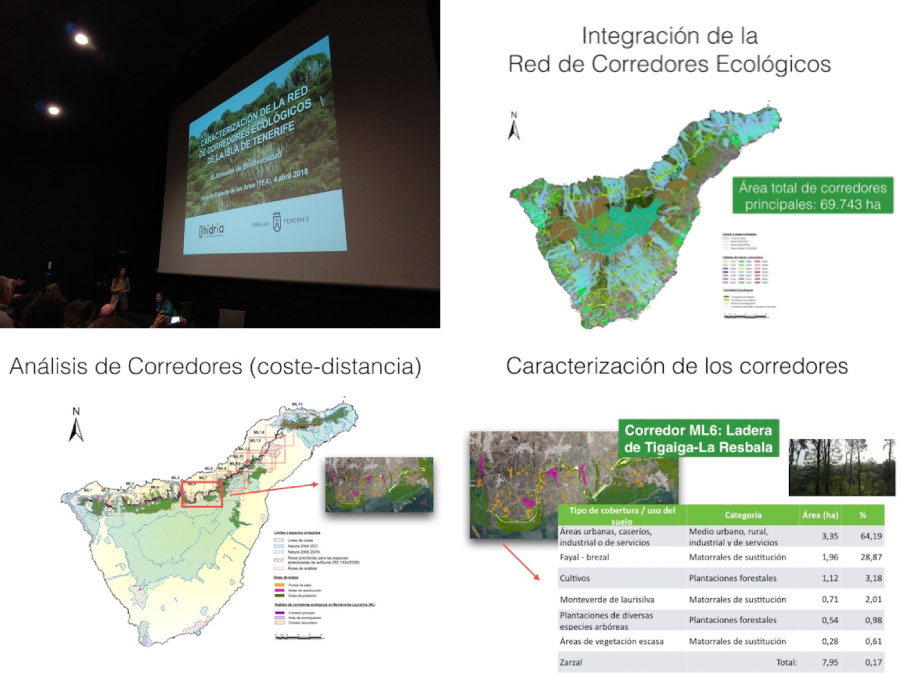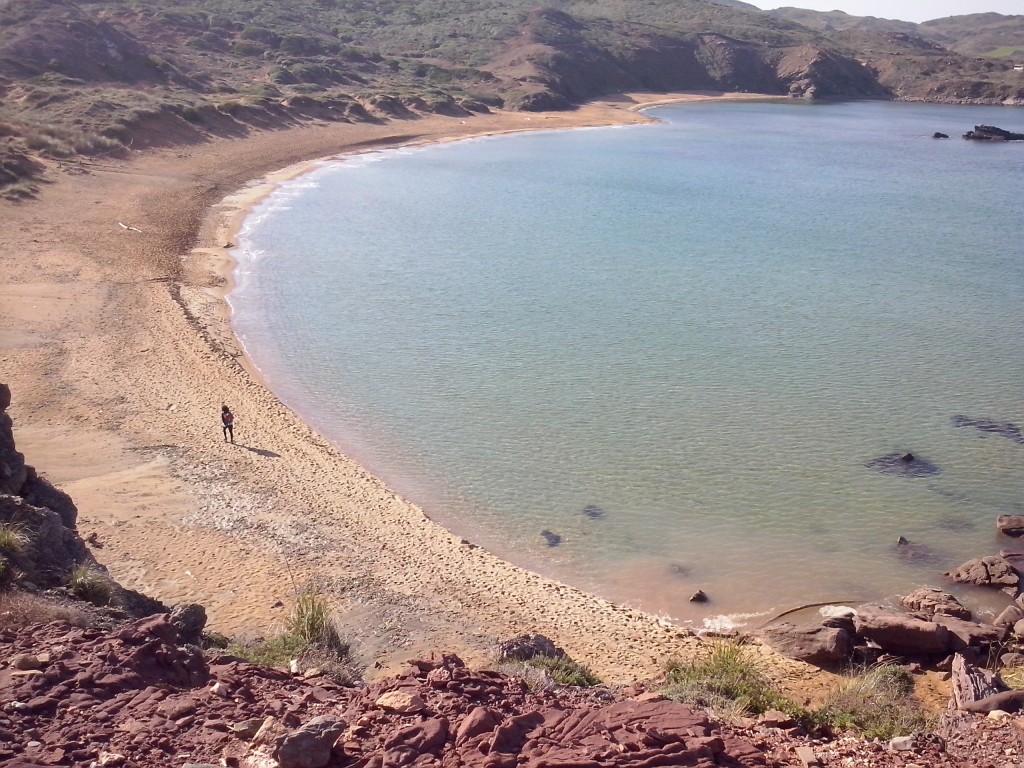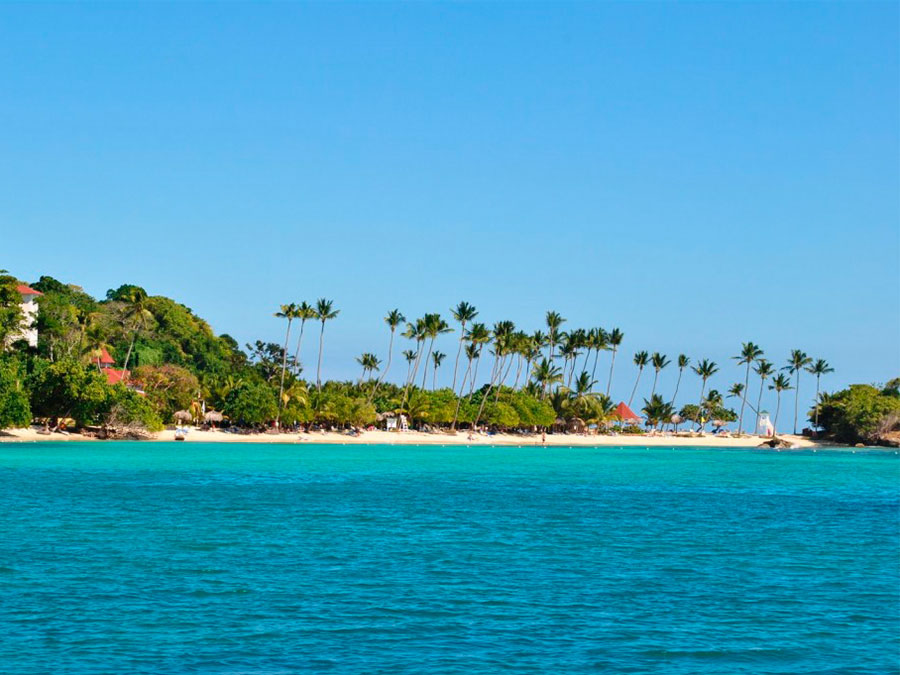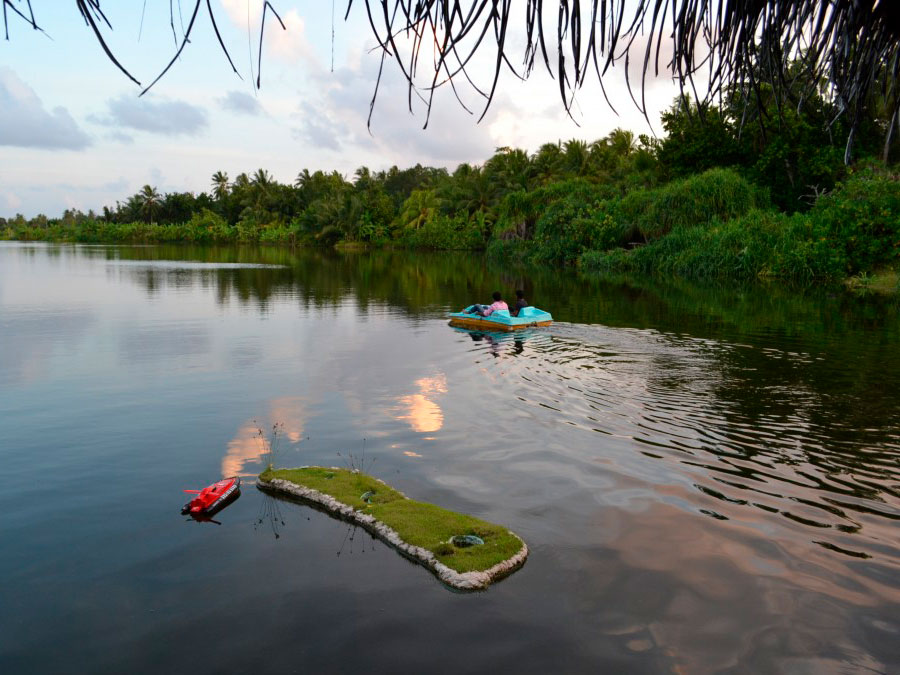Plan for the Sustainable Development of the Littoral of the State of Paraná (Brazil)
ELABORATION OF THE SUSTAINABLE DEVELOPMENT PLAN OF THE COASTAL REGION OF PARANA STATE – BRAZIL CLIENT/ DATES: Regional Ministry of Planning Funding: World Bank. Dates: August 2017- November 2019 SUMMARY: The objective of this Project is the production of a Sustainable Development Plan of the coastal area of Paraná Region. This document seeks to balance the foreseen actions promoted by the regional government and the local communities in its three dimensions: environmental, economic and social, to promote the sustainable development of the area. The activities carried out by an international multidisciplinary team of consultants included the following: Fieldwork to prepare the socioeconomic and environmental diagnosis of the territory. Analytical work to prepare the socioeconomic and environmental diagnosis of the territory. Environmental inventory of the coastal region of the state, through secondary sources. Multi-criteria analysis of different scenarios and cost-benefit analysis. Elaboration of programs and actions for the sustainable development of the coastal area. Evaluation of synergistic impacts of the new infrastructure projects to be developed. Workshops with local stakeholders. Planning of programs and actions for the sustainable development of the coastal area. Participatory meetings with local stakeholders.
Plan for the Sustainable Development of the Littoral of the State of Paraná (Brazil) Read More »
